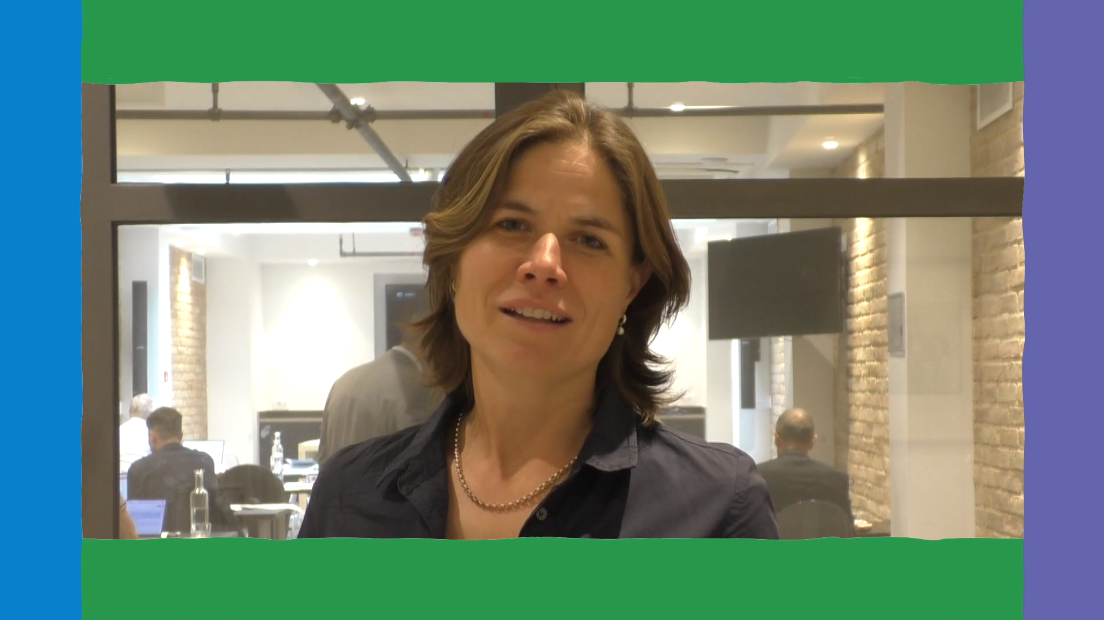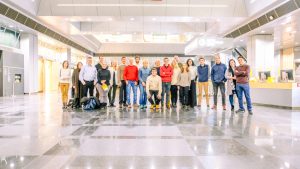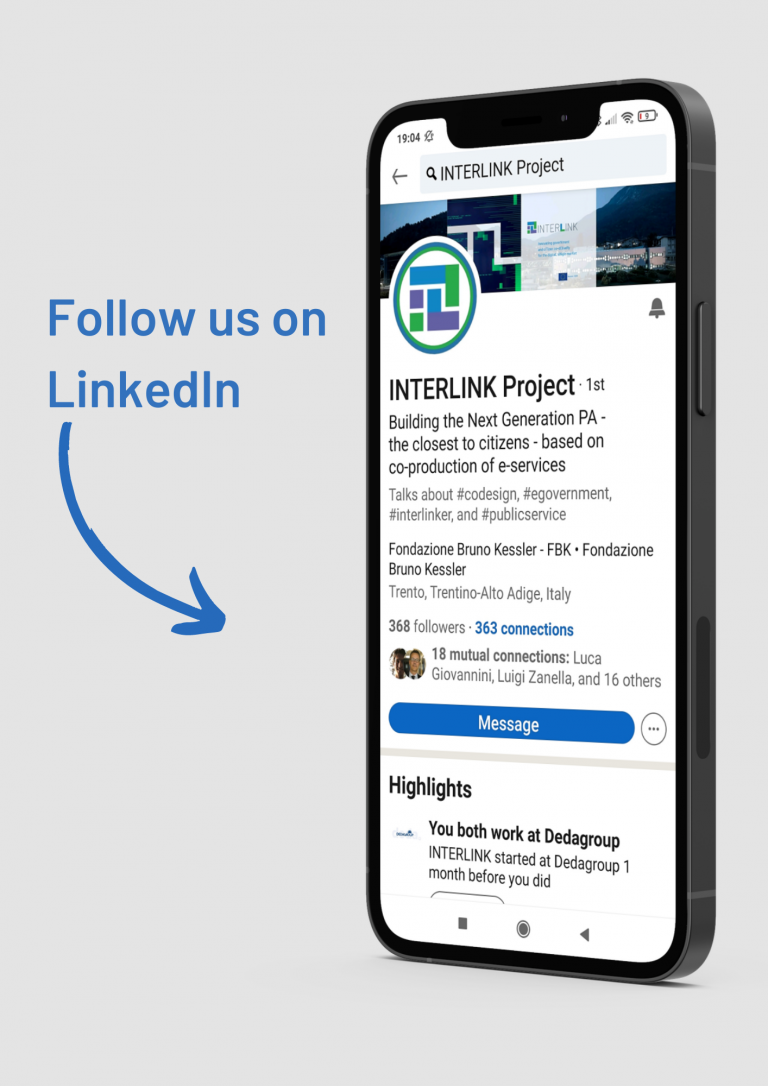
Marlies Honingh
The INTERLINK work plan is organized into 7 work packages (WP):
- WP1 – Project management: will ensure timely and high-quality achievement of the INTERLINK project results through technical and administrative coordination by making sure the project respects the constraints of Scope, Cost, Time and Quality.
- WP2 – Governance models: proposes a new collaborative governance model, based on partnershipbetween private actors (citizens and companies) and public administration. It will first draw upon state-of-the-art knowledge from the social and economic sciences on how to manage the commons (the most widely adopted form of public-civic partnership, then it will specify the principles for digital platform-based services on the basis of additional research and finally it will weld this into a coherent, stable model.
- WP3 – INTERLINK Technological Enablers: will provide a set of enablers, called Interlinkers, which will allow the easy use of common building blocks and support environment, to foster the development, deployment and operation of interoperable, inclusive, sustainable and ethical public services. Furthermore, it will provide a collaboration environment to support daily operations in the incubation, release and maintenance phases of shared public services.
- WP4 – INTERLINK platform will deal with the consolidation of the different components produced under WP2 and WP3 to create the final INTERLINK framework, operational platform, and specific use-case instances. WP4 lasts during all stages in the development phase following a continuous incremental integration approach on iterative phases, from early partial prototypes based on mock-up components, to the consolidation of the pre-operational platform, and final deployment of each specific setup in the different scenarios, that will later be used in the use-cases under WP5.
- WP5 – Evaluation and assessment: will define, plan and execute the three proof-of-concepts use-cases in the three PAs participating in the project and to perform a social and technical evaluation of the solution. These objectives have a local/national dimension, since they cover activities performed within a specific city/country, and a global/EU dimension, covering aspects such as methodologies, best practices, interoperability, compliance with EU-regulation and cross-border aspects.
- WP6 – Legal and ethical requirements for shared public services: will run throughout the entire duration of the project with the objective to ensure the implementation of INTERLINK and its components adhere to EU and national legal frameworks and soft law instruments, as well as to key ethical and societal values and principles starting from the EU-recognised Fundamental Rights.
- WP7 – Innovation management and dissemination will define and implement a Dissemination and Communication plan, and plan and develop actions for future sustainability and further exploitation capitalising on the innovations achieved.





